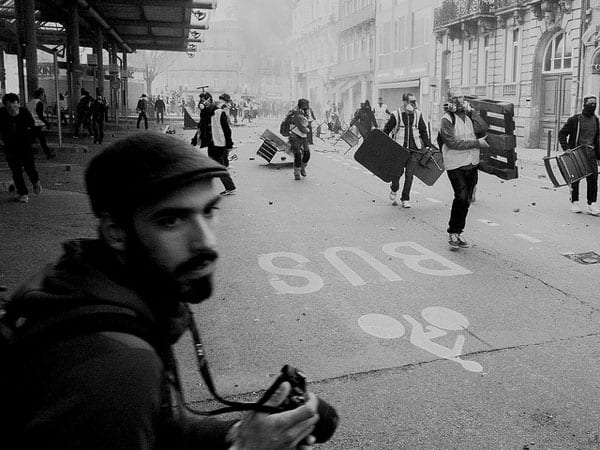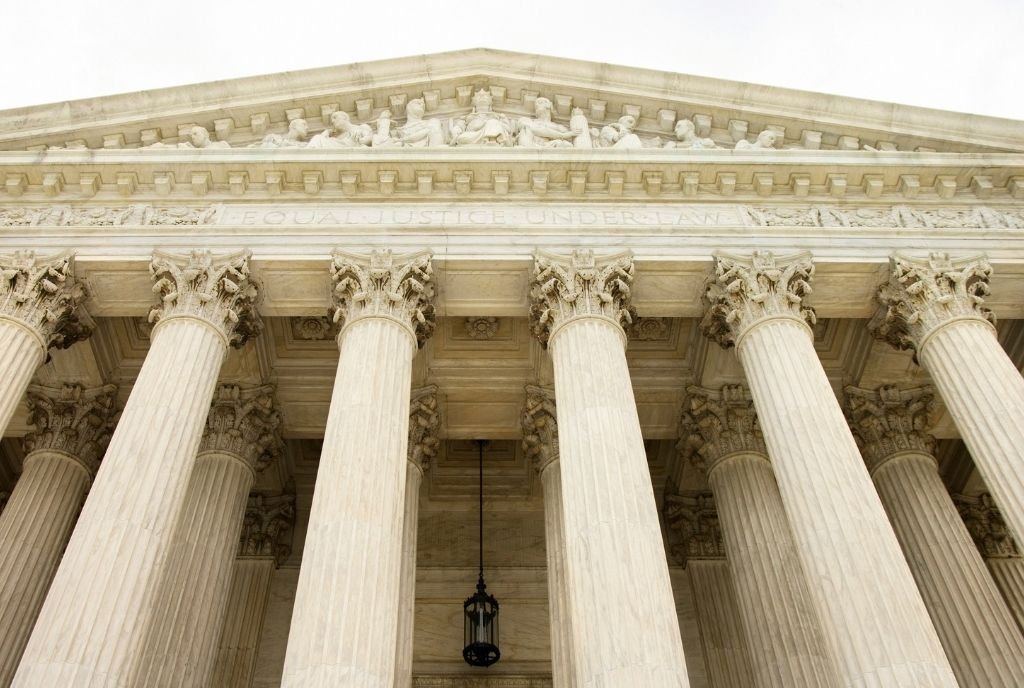
January 14, 2019; Quartz
French leader Emmanuel Macron has launched a counter-offensive to the infamous Yellow Vest protests in the form of a national dialogue on issues raised by the grassroots movement: economic inequality, the role of the state, climate change, and democracy. The “Great National Debate” is a response to criticism that Macron’s ambitious policy changes weren’t enacted through an inclusive process. Macron was forced to pause a gas tax that was part of efforts to combat climate change after the leadership-less protests began in November and morphed into a widespread movement of weekly protests across the country that continued over the weekend.
In an open letter to the 67 million French citizens published January 13th, Macron says he aims to transform anger into solutions via a two-month initiative where participants will answer questions online or at their local mayor’s offices and meet in discussion groups, according to a Quartz article by Annabelle Timsit. This week, he met with 600 mayors who will be leading debates in local towns.
It’s an ambitious idea from a young, currently unpopular leader. NPQ has written about many efforts to create inclusive dialogue in America, from a community development process in Cleveland to a Facebook discussion on gun control. Lessons learned include the fact that the structure behind the conversations is as important as the dialogue itself.
As Martin Levine writes about Cleveland, the effort there “reflects how the existing power structure continues to control and exclude the diversity of the community they desire to include.”
Before they define the problems, select planning methodologies and locations for meetings…before they begin thinking about solutions, they need to break down the walls and invite diversity in. Inclusivity is about gender, race, and economic status. It is also about power and powerlessness.
Sign up for our free newsletters
Subscribe to NPQ's newsletters to have our top stories delivered directly to your inbox.
By signing up, you agree to our privacy policy and terms of use, and to receive messages from NPQ and our partners.
And while some are praising Macron’s leadership in admitting he doesn’t have all the answers, a top-down dialogue initiated by the powerful is a tricky proposition indeed. (Just image what would happen if President Trump asked citizens to fill out a questionnaire on the future of democracy.) And, with an approval rating of 28 percent, critics say Macron is only trying to distract from negative publicity.
Looking more closely at the proposal, the questions Macron asks in the Great National Debate are broad and could be debated in perpetuity:
- “How can we make our tax system fairer and more efficient?”
- “How would you like the state to be organized, and how can it improve its action?”
- “How do we finance the ecological transition?”
Second, the structure behind the dialogue and the rollout has been mismanaged. Examples include the resignation of the Debate commission’s leader based on criticism of her proposed salary ($16,800 a month, according to the BBC) and this week’s launch event that didn’t include anyone actually wearing a Yellow Vest (to be fair, many of the protesters have refused to meet with political leaders in the past).
Two ministers will coordinate the Debate, and it’s unclear from the Debate’s website how they will ensure the principles behind it—transparency, pluralism, inclusion, neutrality, equality, and “respect for the word” (as translated from French by Google)— are followed. Contributions from local meetings and feedback online will be used to create an analysis guiding “a new economic, social and environmental pact” within the government.
However, one mayor told RFI that the Yellow Vests wouldn’t budge until the “wealth tax” that Macron abolished early in his presidency is reinstated. Without this flashpoint on the table for negotiation, will the Great National Debate live up to its ideals? Further, as nonprofit leaders are always asked about strategic planning, will the resulting report just end up on some dusty shelf inside a palace? (Yes, French Parliament conducts legislative sessions at the Palais du Luxembourg and the Palais Bourbon, and when they meet in congress, at the Château de Versailles.)
In an age of polarization, it’s admirable to see an attempt at using large-scale input from citizens to shape decision-making, especially outside of the ballot box. And, with protests and unrest on the rise in the US, from the Los Angeles Teachers’ Strike to the federal government shutdown, it’s clear that incremental change isn’t enough and that more voices need to be included in spaces of power. In Macron’s case, actions may speak louder than words.—Anna Berry












